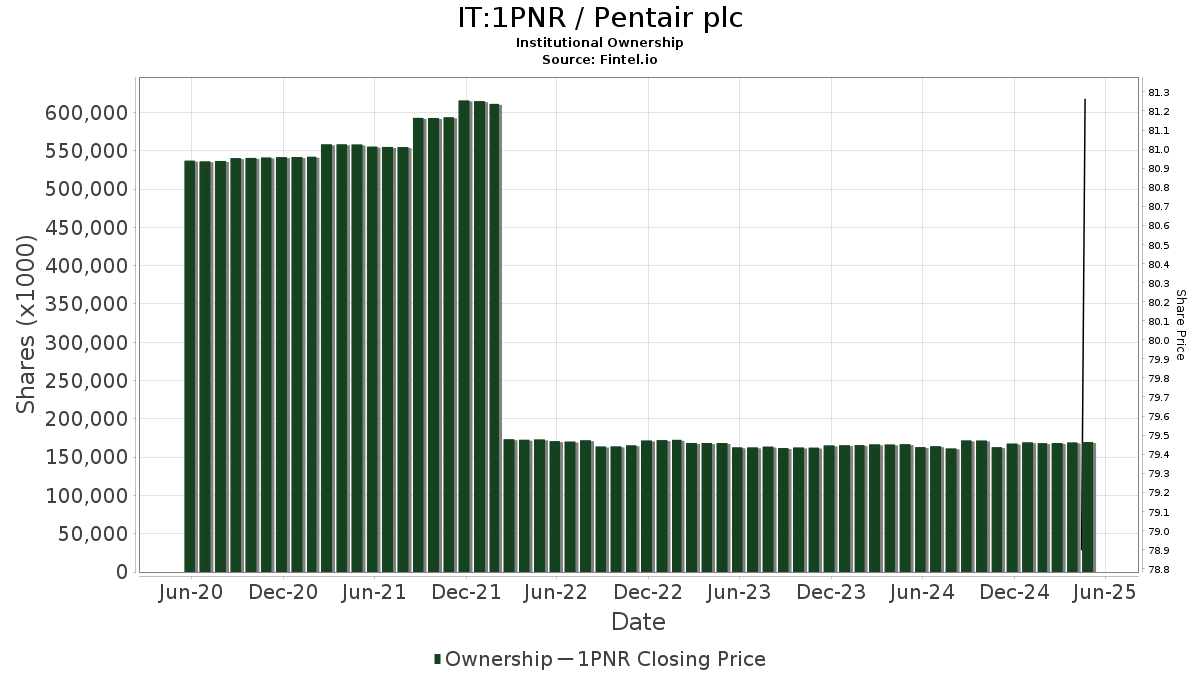“`html
LendingClub Acquires Bankrupt Start-Ups, Building a Financial Powerhouse
In the aftermath of significant economic and interest rate challenges post-pandemic, many promising AI fintech start-ups have collapsed. Nevertheless, one established player in the fintech sector, LendingClub (NYSE: LC), has taken advantage of the situation by acquiring the intellectual property of these defunct start-ups at reduced prices.
LendingClub is integrating this intellectual property along with its own initiatives to develop a comprehensive financial ecosystem with considerable growth potential. This strategy will be a focal point for investors moving forward.
Recent Acquisitions: Cushion and Tally
Recently, LendingClub acquired the intellectual property of two failed AI start-ups: Cushion and Tally.
Tally’s technology offers customers an interface where they can view all their debt and credit card payments, along with associated interest rates and data. Its tools provide valuable insights, such as how long it would take to pay off a credit card balance if only minimum payments are made.
In a recent interview, CEO Scott Sanborn stated that many credit card holders are unaware of their interest rates or how long repayment will take. By assisting consumers with debt calculations and automation, LendingClub aims to foster better financial management. This strategy aligns well with LendingClub’s personal loan product, which primarily focuses on consolidating credit card debt.
The acquisition of Cushion followed closely after Tally. Cushion’s AI tool analyzes bank transactions and payment information to give customers a comprehensive view of their spending. Similar to Tally, Cushion’s technology helps users manage their financial obligations more effectively.
Furthermore, Cushion’s founder, Paul Kesserwani, has joined LendingClub as Senior Director of Product, Digital Engagement.
Both acquisitions will enhance LendingClub’s evolving DebtIQ tool. In a recent conference call, Sanborn noted that customers using new DebtIQ features are logging in 60% more often and are driving a 30% increase in loan issuances.
Attracting Customers with User-Friendly Tools
As LendingClub attracts both borrowers and banking customers, its financial performance is expected to improve. When borrowers become depositors, it increases the company’s deposits and enables it to hold more loans on its balance sheet, an asset that has served LendingClub well during volatility in the market.
Additionally, depositors contribute to lowering LendingClub’s cost of capital. In the previous quarter, LendingClub replaced a large legacy high-cost deposit account with customers opening new checking and LevelUp savings accounts. This strategic move decreased overall funding costs by 83 basis points, from 4.74% to 3.91%, leading to an increase in net interest margins to 5.97% from 5.75%.

Image source: Getty Images.
Building a Sustainable Growth Engine
With a more sophisticated ecosystem, LendingClub can reduce its costs. Lower costs lead to improved margins, facilitating further growth opportunities. For example, due to an upward trend in loan sale prices over the past five quarters, LendingClub is re-entering marketing channels it had previously exited for three years, amplifying growth potential.
The company is now seeing signs of recovery following two years of austerity. In the first quarter, it surpassed its goal of originating $1.8 billion to $1.9 billion in loans by achieving $2.0 billion, resulting in 20% revenue growth.
While net income declined, primarily due to increased loan retention on the balance sheet, management states that this proactive measure will benefit the company in the long run. Instead of expecting to retain between $550 million and $600 million in loans, LendingClub ended up holding $675 million.
This decision, while increasing near-term provisions for current expected credit losses (CECL), should yield higher returns over time. The rise in loans held requires the calculation of all potential losses over the lifetime of each loan, affecting immediate profitability.
Additionally, in response to economic concerns and “Liberation Day” tariffs imposed on April 2, LendingClub prudently allocated an extra qualitative provision of $8.1 million for its loan book, despite a strong underwriting performance. Q1 charge-offs decreased to 4.7%, down from 8.1% a year earlier, and there are indications of easing tariff pressures.
If not for the provision, net income would have risen to $19.8 million, an increase of 61% year-over-year instead of the slight decline reported.
Expansive Growth Opportunities Ahead
The potential for LendingClub’s growth remains substantial, especially if banks and asset managers continue to purchase loans. There is a total of $1.32 trillion in U.S. revolving credit available for refinancing at lower rates, while LendingClub’s servicing portfolio was only $12.2 billion last quarter.
With its advancing tech-enabled ecosystem aimed at attracting low-cost deposits, coupled with solid underwriting practices and returning loan buyers, LendingClub Stock appears to be trading at only 94% of book value, signaling a strong investment opportunity.
Should You Consider Investing in LendingClub?
Before deciding to invest in LendingClub, it’s essential to keep in mind:
The Motley Fool Stock Advisor analyst team recently identified ten top stocks for investors, with LendingClub not making the list. These selected stocks are projected to provide considerable returns in the years ahead.
For instance, if you had invested $1,000 when Netflix was recommended on December 17, 2004, it would have grown to $642,582! Similarly, a $1,000 investment in Nvidia on April 15, 2005 would be worth $829,879!
It’s important to note that Stock Advisor has an average return of 975%, significantly outperforming the 172%% return of the S&P 500. Don’t miss out on the latest top 10 list, available when you join Stock Advisor.
*Stock Advisor returns as of May 12, 2025
Billy Duberstein and/or his clients have positions in LendingClub. The Motley Fool has no position in any of the stocks mentioned. The Motley Fool has a disclosure policy.
The views and opinions expressed herein are the views and opinions of the author and do not necessarily reflect those of Nasdaq, Inc.
“`





